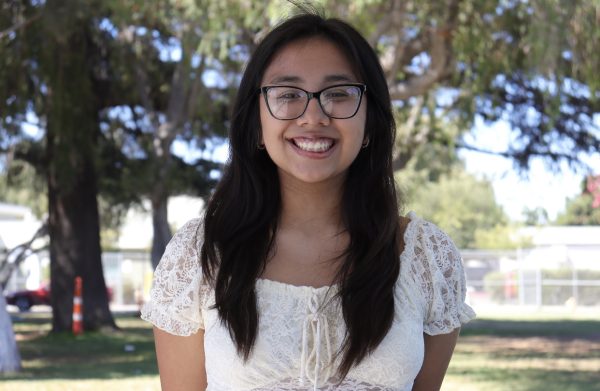With the wildfires rapidly spreading across Southern California, sophomore Mateo Zazueta has increasingly grown concerned and anxious.
“I wasn’t too surprised but I thought it would be something like a decently large fire that was stopped before really affecting the population,” Zazueta said. “I never imagined that we would have multiple raging wildfires around the city destroying homes and livelihoods and I certainly didn’t anticipate that we would lack the resources to properly take care of them.”
Zazueta is not alone in his emotions during the wildfires. According to McMaster Health Forum, going through an evacuation can result in symptoms of depression, post-traumatic stress disorder, anxiety, psychological stress and sleep problems.
Although sophomore Matthew Bersudsky hasn’t experienced evacuation, knowing that someone he knows had to, causes him anxiety.
“I heard that one of my mom’s friends had to evacuate their home,” Bersudsky said. “I felt really bad for them. I was worried and stressed. It was a sad idea leaving my home because of this emergency. Abandoning a place full of memories and precious things.”
The Palisades fire started in the morning of Jan. 7 and has spread over 20,438 acres of land as of today. The Palisades fire is one of six currently ravaging Los Angeles, the other fires include the Eaton, Hurst, Kenneth, Lidia and Archer fires. According to Cal Fire, 35,999 acres of land have been burned. Thousands of people had to evacuate, with more than 10,000 structures destroyed. The damage caused by the wildfires has caused 153,000 residents to go under mandatory evacuation in cities such as Sylmar, Santa Monica and Altadena. Since Jan. 7, about 10 people have died due to these wildfires, but the total body count is estimated to be higher, according to the County of Los Angeles Medical Examiner.
According to Cal Fire, the containment for Palisades fire is only 8% and the containment for Eaton fire is only 3%. On Jan. 8, Lidia fire started and now is under 75% containment.
“I have to walk my dog outside and the smoke is high enough to see and thick enough to smell,” said junior Eden Ivgy, who lives in Tarzana. “I’ve also had to put emergency supplies in my car just in case I need to evacuate. It’s extremely frightening that if I end up evacuating, I could come back to nothing left. I’ve spent the last 10 years living here and if the fires spread even more, my home could all be a memory the next day.”
On Jan. 8, Los Angeles Unified School District (LAUSD) announced that all schools and offices will be closed on Jan. 9. Later, they announced that schools and offices would be closed again on Jan. 10. To help students cope, Psychiatric Social Worker JoAnne Tuell shared a Student and Family Wellness Resource Line on Schoology for students and families who were impacted by the wildfires.
Due to the damage the wildfires have caused across Southern California, residents’ mental health can be easily affected causing them to feel increasingly anxious and stressed. The Substance Abuse and Mental Health Services Administration states that wildfires have been shown to cause depression-like symptoms such as feelings of constant worry, trouble sleeping and feeling overwhelmed.
To aid residents’ mental health during the wildfires, the California Department of Public Health recommends having coping strategies to live through the uneasy time caused by wildfires.
Students have turned to their hobbies and interests in order to calm their fears and anxieties. Freshman Jett Cabrinha plays music and practices his skills on his bass guitar to avoid thinking about the wildfires and getting stressed. For Zazueta, he keeps up with the news to stay informed on any recent updates and tries to distract himself with chores to not overwhelm himself.
“It’s been helping me to stay updated and informed on the fires and I like to think that my updates on Instagram have helped people stay informed,” Zazueta said. “I spent the afternoon today cleaning up dead leaves around my house and watering everything in the backyard as well as the exterior of the house.”
With the wildfires continuing to spread across Southern California, students are aware of the significant damage, risks and worry this natural disaster brings. Ivgy recognizes the importance of prioritizing safety during critical times, emphasizing the importance of being prepared and staying calm.
“You’re not alone,” Ivgy said. “We all understand this situation and we can support each other through this. For me, making a plan on what to do in case and knowing where my closest shelters are made me feel a bit more relieved and safe, so I’d suggest others do the same.”

















